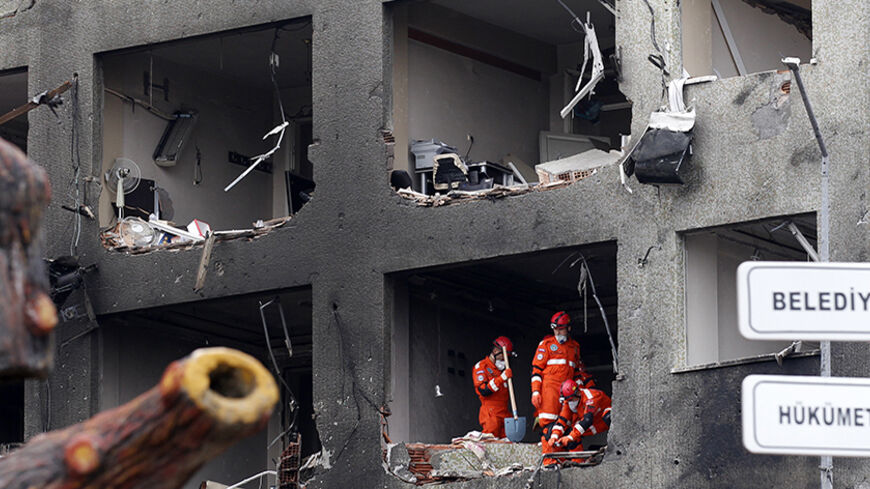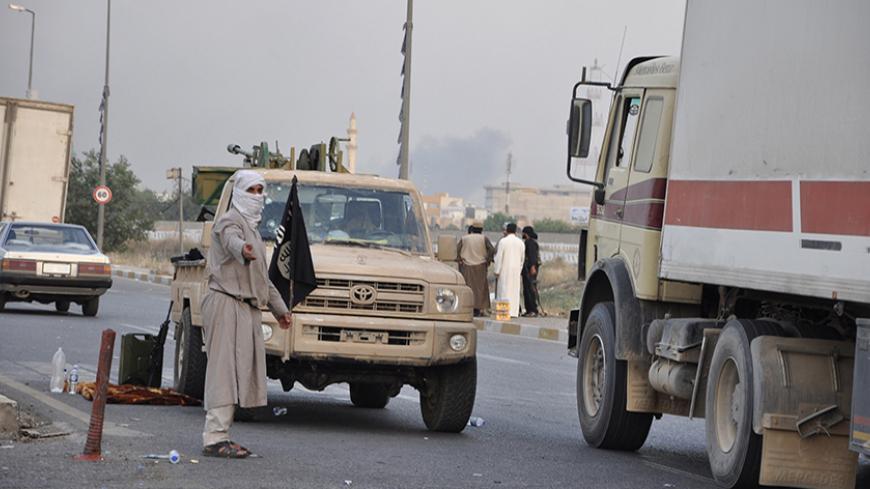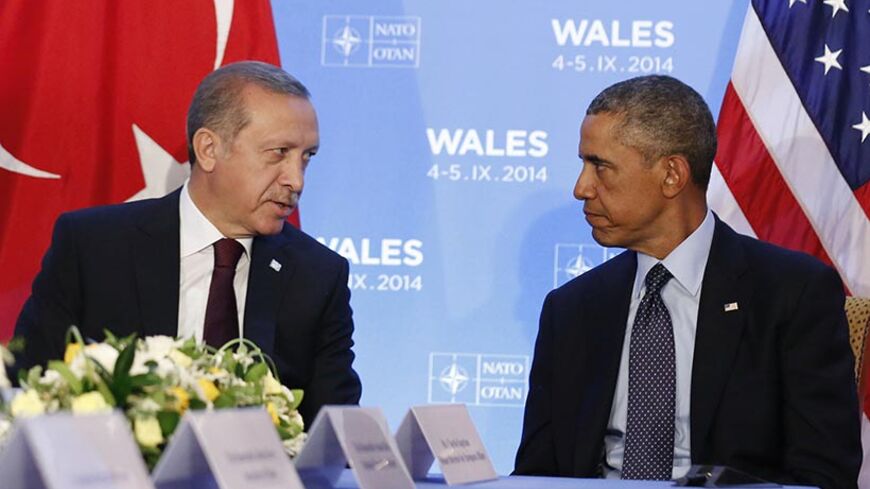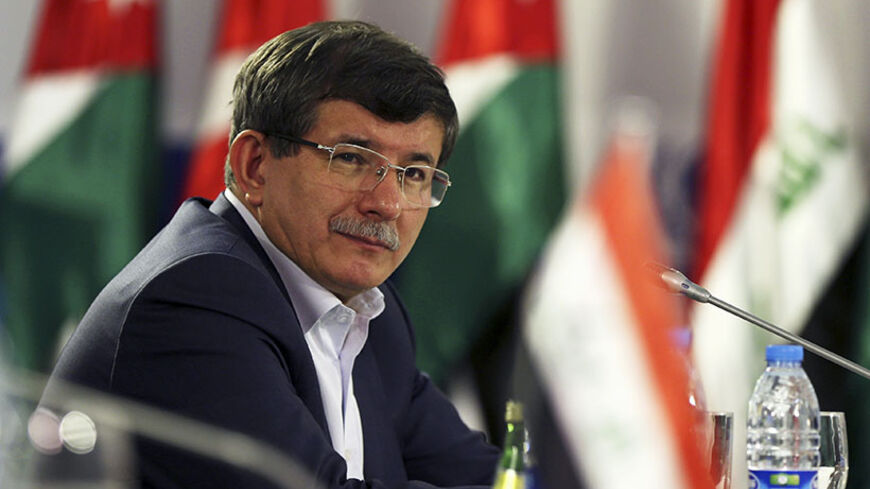Turkey paying price for jihadist highway on border
The hostage crisis in Mosul is the boomerang effect of Ankara’s policy of opening its borders to jihadists.

After capturing Mosul in Iraq’s north, the Islamic State of Iraq and al-Sham (ISIS) raided the Turkish consulate, the only diplomatic mission in the city, and took 49 people hostage, including Consul General Ozturk Yilmaz. When added to the 28 Turkish truck drivers ISIS took hostage a day before in Mosul, the number of Turks in ISIS hands has reached 77.
As I write this article, it has been 48 hours since the raid, and there is no concrete indication of how this hostage crisis might end. The hard fact is that ISIS is capturing Sunni towns in Iraq one by one, also taking hostage Turkey’s Syria and Iraq policies.







